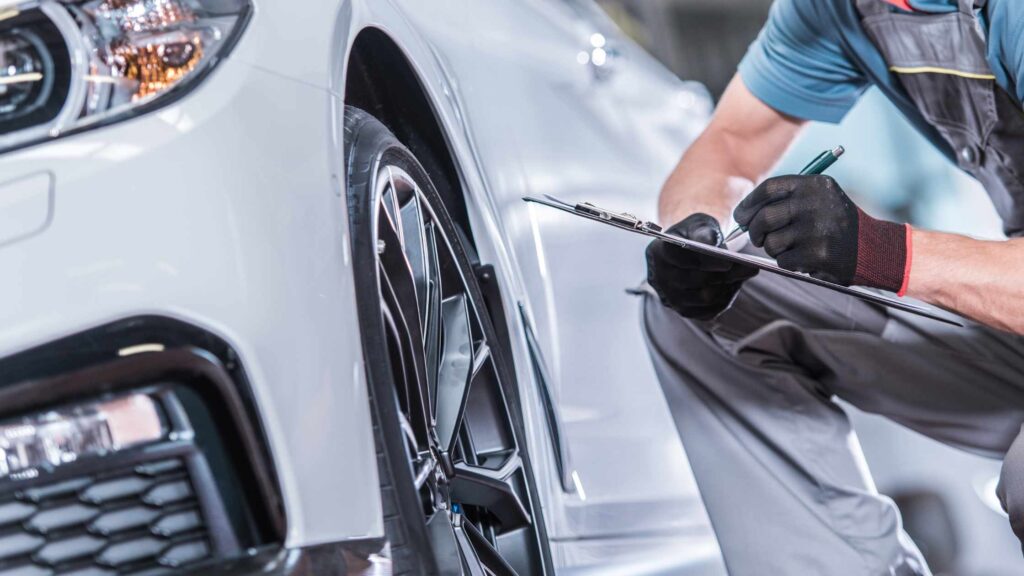Introduction
When it comes to owning a car, one of the most important factors to consider is depreciation. This natural decline in value over time can have a significant impact on your investment. In this article, we will explore the long-term considerations of car depreciation and discuss how it affects the value of your vehicle.
What is Depreciation?
Depreciation refers to the decrease in the value of an asset over time. When it comes to cars, depreciation is a common occurrence due to various factors such as wear and tear, market demand, and the introduction of new models. It is essential to understand the concept of depreciation before delving into its impact on car value.
Immediate Effect on Value
As soon as you drive a new car off the lot, it begins to lose value. This initial depreciation is often referred to as the “first-year hit” and can be quite substantial. On average, a new car will depreciate by around 20% in the first year alone. This means that if you purchased a car for $30,000, it could be worth only $24,000 after just one year.
Continued Depreciation
While the first-year hit is significant, depreciation does not stop there. Cars generally continue to lose value as they age, although the rate of depreciation tends to slow down over time. The rate at which a car depreciates can vary depending on factors such as the make and model of the vehicle, its mileage, condition, and market demand.
Factors Affecting Depreciation
Several factors can affect the depreciation rate of a car. One of the most critical factors is the make and model of the vehicle. Some brands have a reputation for holding their value better than others. Additionally, the condition and maintenance of the car play a significant role. A well-maintained vehicle with low mileage will typically have a higher resale value compared to one that requires extensive repairs.
Importance of Car Maintenance
Proper car maintenance can help mitigate the effects of depreciation on your vehicle’s value. Regular servicing, keeping accurate service records, and addressing any mechanical issues promptly can help maintain the condition of your car. Additionally, taking preventive measures such as routine inspections, oil changes, and tire rotations can extend the lifespan of your vehicle and potentially increase its resale value.
Market Demand
Market demand is another crucial factor that influences the value of your car. Changes in consumer preferences, the introduction of new models, and economic fluctuations can all impact the market demand for specific makes and models. A car that is in high demand will tend to depreciate at a slower rate compared to one that is less popular. It is essential to consider market trends when evaluating the potential resale value of your vehicle.
Long-Term Considerations
Understanding the impact of depreciation on your car’s value is crucial for long-term ownership. If you plan to keep your vehicle for an extended period, the rate of depreciation becomes less of a concern since you are not looking to sell in the immediate future. However, it is still essential to keep in mind that a car’s value will naturally decline over time.
Resale Value and Trade-In
When the time comes to sell or trade in your car, depreciation will play a significant role. Knowing the approximate value of your vehicle can help you negotiate a fair price and make informed decisions. Online valuation tools and consulting with industry experts can provide valuable insights into your car’s current worth.
Mitigating Depreciation Effects
While you cannot completely prevent depreciation, there are steps you can take to mitigate its impact. One option is to consider buying a car that has a reputation for holding its value well. Additionally, maintaining your vehicle properly and avoiding excessive wear and tear can help slow down the depreciation rate. Lastly, opting for popular makes and models with high market demand can potentially result in a higher resale value.
Summary
Depreciation is a natural occurrence that affects the value of your car over time. Understanding its impact and long-term considerations is crucial for any car owner. By considering factors such as initial depreciation, continued depreciation, maintenance, market demand, and resale value, you can make informed decisions to minimize the effects of depreciation and maximize your investment.







